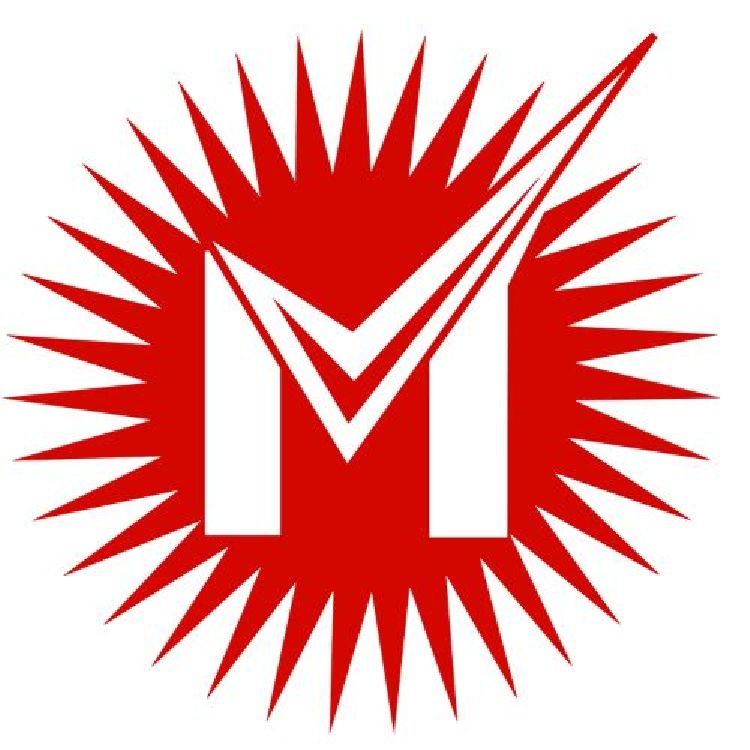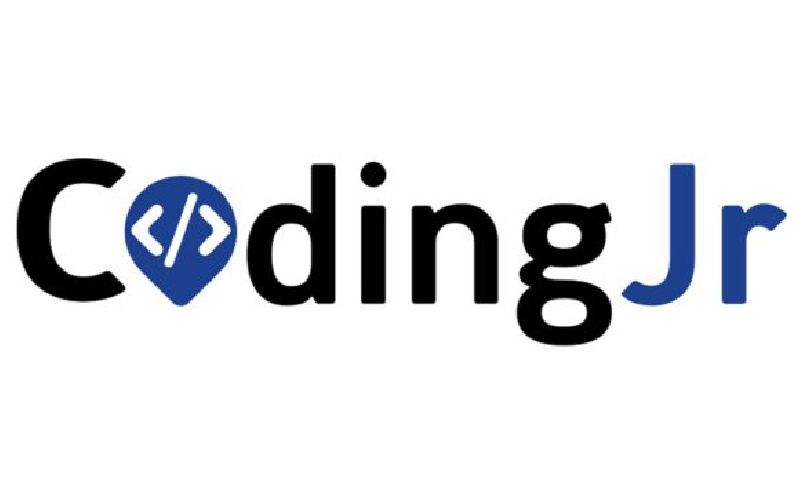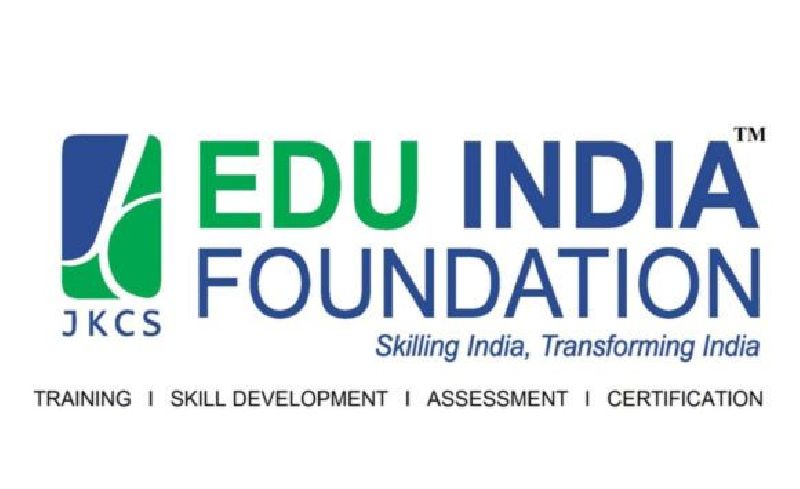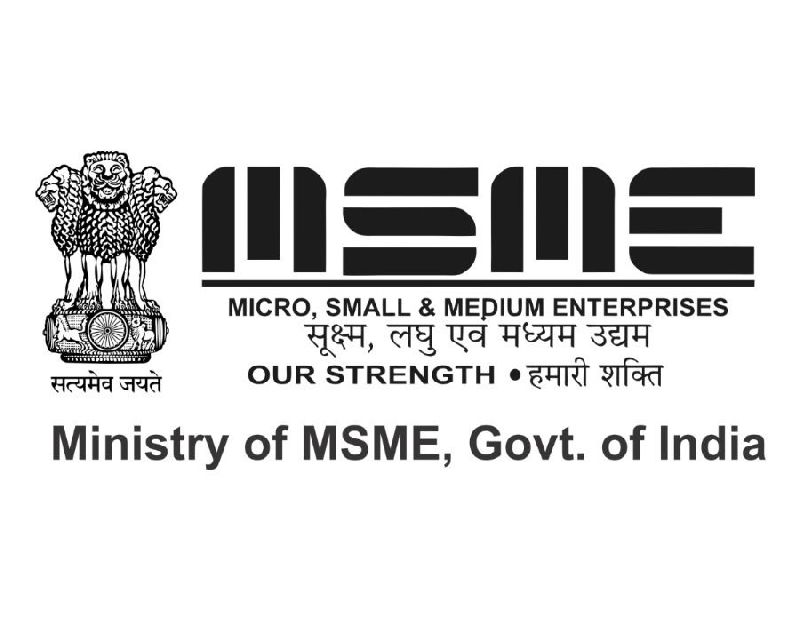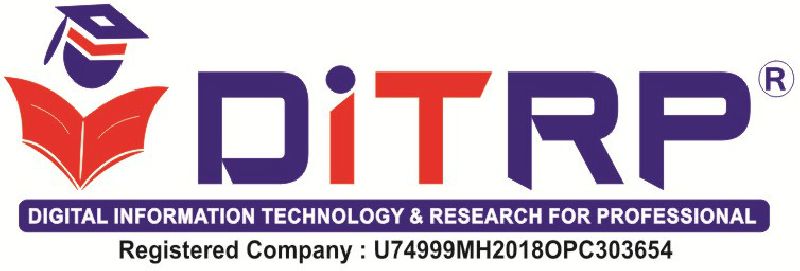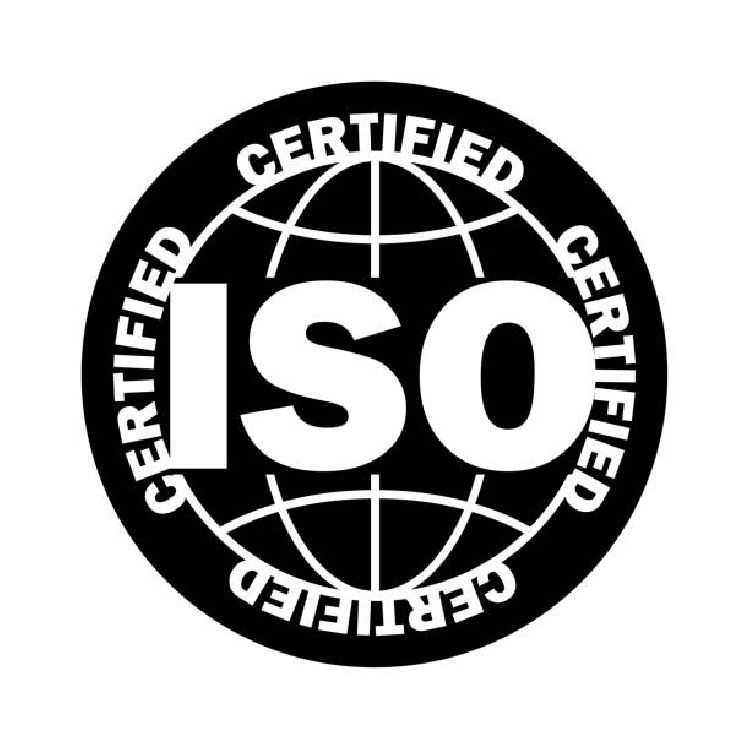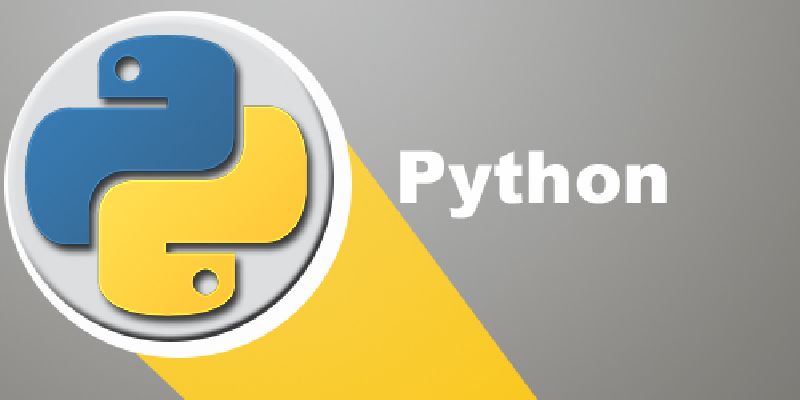
Course Syllabus
This Python programming course covers the following topics:
Module 1: Introduction to Python & CMD
This module introduces Python, covering installation, setting up the environment, and running scripts. Students will also learn essential Command Prompt (CMD) commands such as cd (change directory), dir (list files and folders), mkdir (create directory), cls (clear screen), and pip install (install Python packages).
Module 2: Python Basics
In this module, students will explore the core building blocks of Python, including variables, data types, and operators. They will learn how to take input using input(), display output with print(), and use comments to document their code effectively.
Module 3: Python Data Types
Students will learn about different data structures, starting with strings, including indexing, slicing, and string methods. They will then explore lists, which allow modification and provide useful methods like append(), remove(), and sort(). This module also covers tuples, sets, and dictionaries, explaining their usage, properties, and key operations.
Module 4: Control Flow
This module covers decision-making statements such as if, if-else, and if-elif-else, helping students build logical conditions in their programs. Additionally, they will work with loops (for and while) and learn how to control iterations using break, continue, and pass statements.
Module 5: Functions
This module introduces functions and their importance in code reusability. Students will learn to define functions using def, understand different types of functions (with/without arguments and return values), and explore lambda (anonymous) functions for concise coding.
Module 6: File Handling
Students will gain hands-on experience in working with files, including reading and writing operations. They will learn how to open files using open(), read data using read(), write content using write(), and properly close files to prevent data loss.
Module 7: Python Object-Oriented Programming (OOP)
This module covers the fundamentals of object-oriented programming, including classes and objects. Students will understand the concept of self and constructors (__init__) and explore key OOP principles such as inheritance and polymorphism to create structured and reusable code.
Module 8: Error Handling & Debugging
Students will learn how to handle errors efficiently using try, except, and finally blocks. Debugging techniques will also be introduced to help identify and fix issues in the code, ensuring smooth program execution.
Module 9: Modules and Packages
For students interested in exploring more, this module introduces Python modules and packages, such as math, random, and datetime. Additionally, they will get a basic understanding of libraries like numpy, pandas, and matplotlib, which are widely used in data science and analytics.
This course provides a structured approach to Python programming, ensuring students build a strong foundation and gain practical coding skills.
Course Eligibility
Any student with a keen interest in programming and a desire to build coding skills is welcome to enroll in this course.
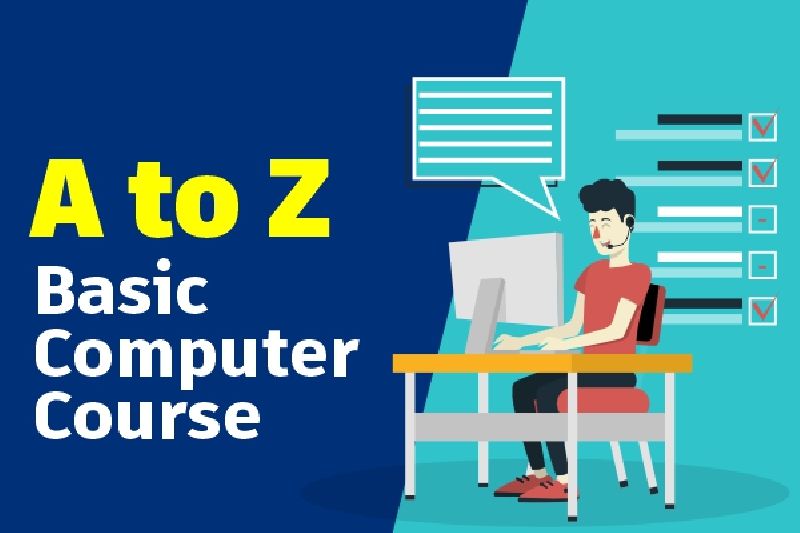
Course Code : BCC

Course Code : PY01
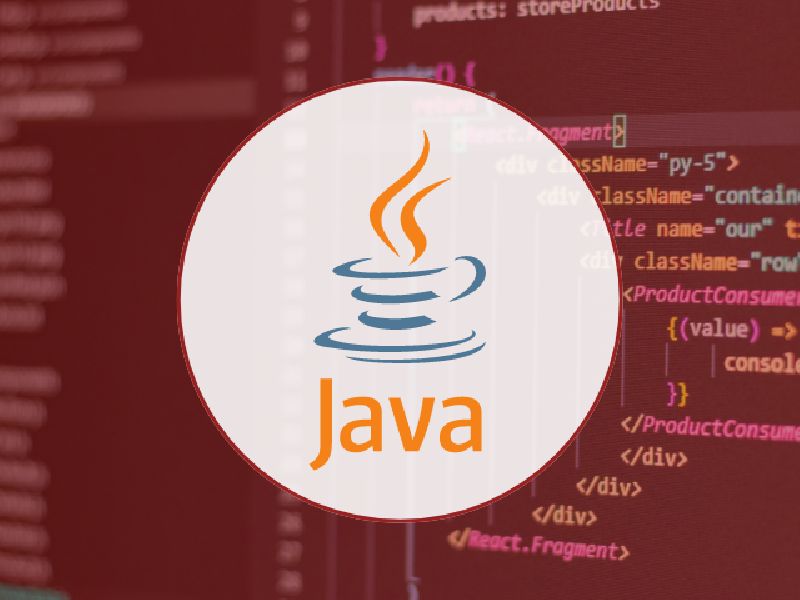
Course Code : JAVA01

Course Code : NONMED12
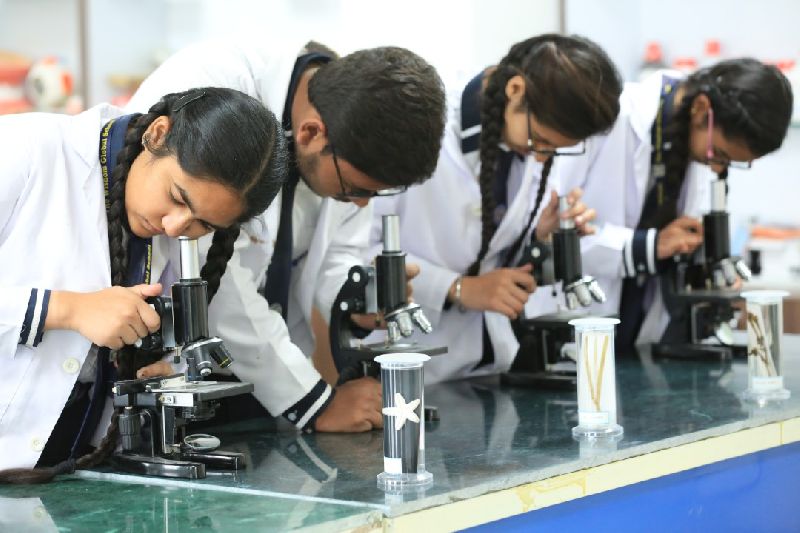
Course Code : MED12

Course Code : COM12

Course Code : ICSE10

Course Code : PSEB10

Course Code : CBSE9

Course Code : ICSE9

Course Code : PSEB9

Course Code : NONMED11
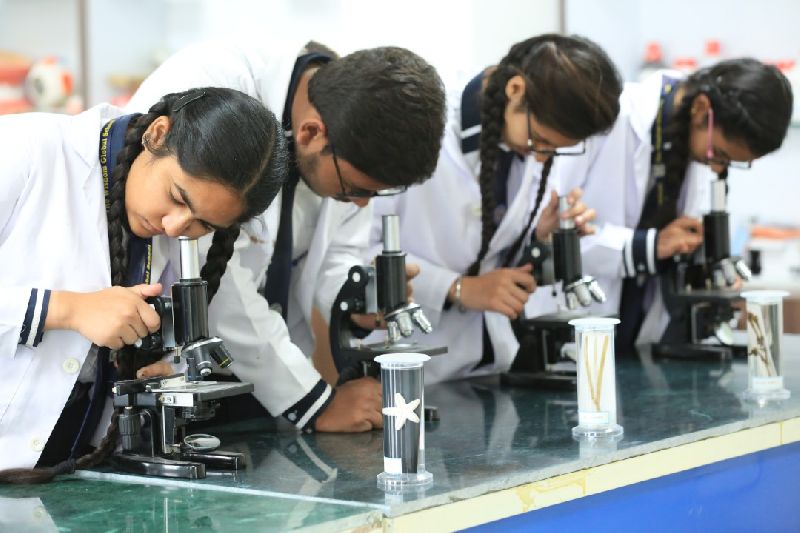
Course Code : MED11

Course Code : COM11
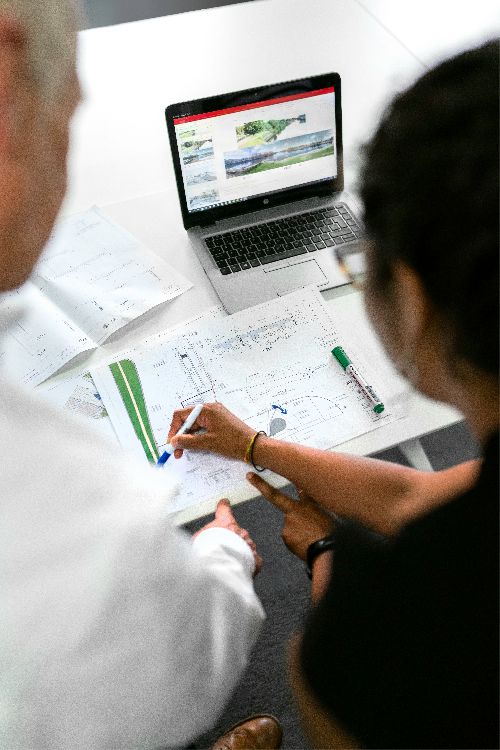
Course Code : IIT-JEE-CC

Course Code : NEET-CC
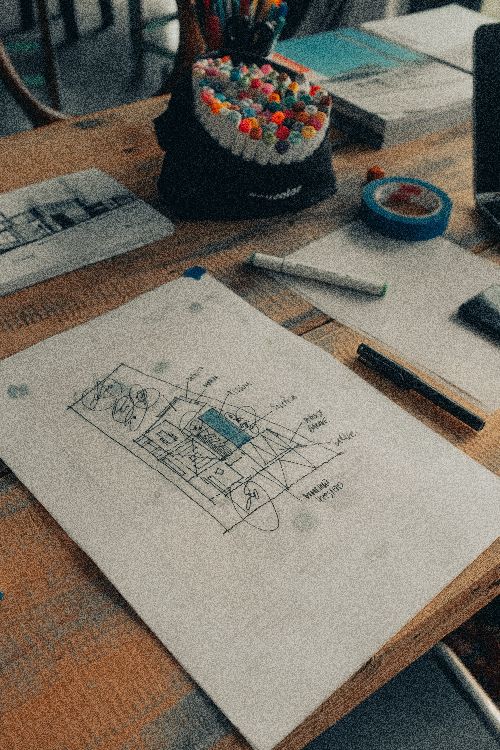
Course Code : NATA-CC
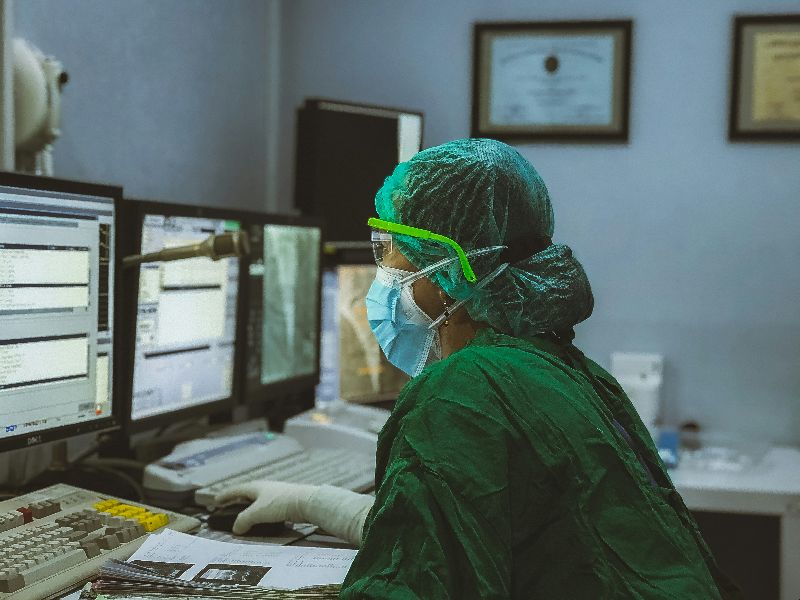
Course Code : PPMET-CC

Course Code : NDA-CC
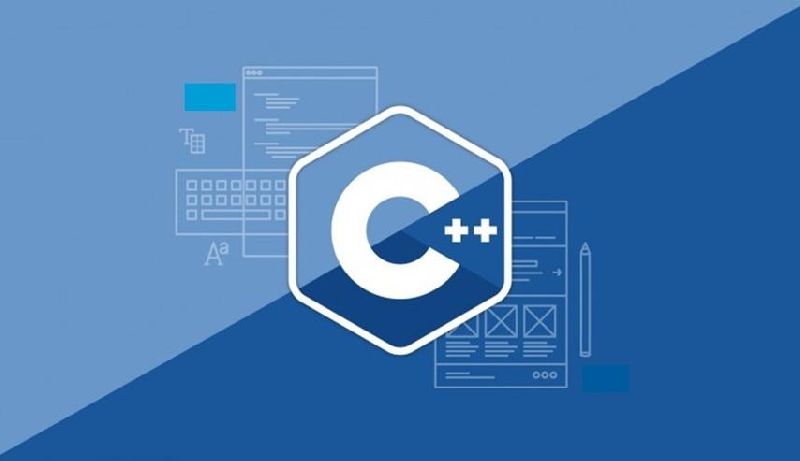
Course Code : CPP
Course Code : FTE
Course Code : SUPERMED11

Course Code : COM12

Course Code : NONMED12

Course Code : MED12

Course Code : ICSE10

Course Code : PSEB10

Course Code : CBSE9

Course Code : ICSE9

Course Code : PSEB9

Course Code : NONMED11

Course Code : MED11

Course Code : COM11
Course Code : SUPERMED11
Course Code : FTE

Course Code : NEET-CC
Course Code : CBSE10
Course Code : SUPERMED12
Course Code : SUPERMED12

Course Code : NONMED12

Course Code : MED12

Course Code : COM12

Course Code : ICSE10

Course Code : PSEB10

Course Code : CBSE9

Course Code : ICSE9

Course Code : PPMET-CC
Course Code : FTE

Course Code : MED11

Course Code : NEET-CC
Course Code : SUPERMED12
Course Code : CBSE10

Course Code : PSEB9

Course Code : NONMED11

Course Code : COM11
Course Code : SUPERMED11

Course Code : PPMET-CC

Course Code : IIT-JEE-CC

Course Code : NATA-CC

Course Code : NDA-CC
Course Code : CBSE10
Course Code : PHY11-12
Course Code : CHE11-12
Course Code : MAT11-12
Course Code : BIO11-12
Course Code : PHY11-12
Course Code : CHE11-12
Course Code : MAT11-12
Course Code : BIO11-12

Course Code : BCC
